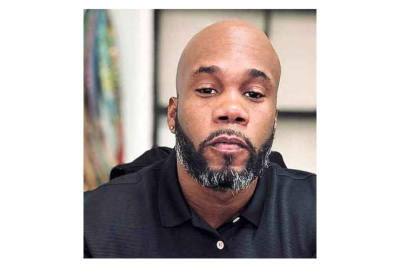 PHILIPSBURG:--- NAPB - Sint Maarten acknowledges the steps taken by the Ministry of Justice to address long-standing issues affecting Justice personnel. However, while these actions represent progress, they remain incomplete and insufficient in resolving the full scope of obligations owed to Justice workers.
PHILIPSBURG:--- NAPB - Sint Maarten acknowledges the steps taken by the Ministry of Justice to address long-standing issues affecting Justice personnel. However, while these actions represent progress, they remain incomplete and insufficient in resolving the full scope of obligations owed to Justice workers.
Moreover, the Union took note of the Ministry’s “Justice Fruit” video, released on the 29th of December 2025. In this video, the honorable Minister of Justice, Ms. N. Tackling, outlined the Ministry's accomplishments. While the video might have been made with good intentions, it felt like a slap to the face to those members of the Union who are still awaiting what their National Decrees.
Despite repeated commitments, critical matters remain unresolved, most notably retroactive overtime payments, jubilee payments, and the full and proper finalization of Phase One of the placement process. These delays have had a direct and unacceptable impact on the financial security and morale of justice personnel who have faithfully served the country of Sint Maarten.
NAPB- Sint Maarten stresses that the completion of phase one and the commencement of Phase Two of the placement process is of utmost importance as phase 2 directly address the correction of national decrees. These corrections are essential to facilitate retroactive payments for active personnel covering the period from October 10, 2010, through December 31, 2022.
Justice workers have upheld their duties with professionalism and dedication throughout this entire period, often without proper compensation and recognition. Continued delays are unjustifiable and undermine trust in the reform process. NAPB- Sint Maarten therefore urges decisive action, clear timelines, and full transparency from the Ministry of Justice and all responsible authorities.
NAPB- Sint Maarten remains prepared to engage constructively; however, our members expect results—not assurances. The completion of outstanding payments and placement corrections is a matter of fairness, legality, and respect for service rendered. The Union will continue to advocate forcefully until all commitments are fully honored.